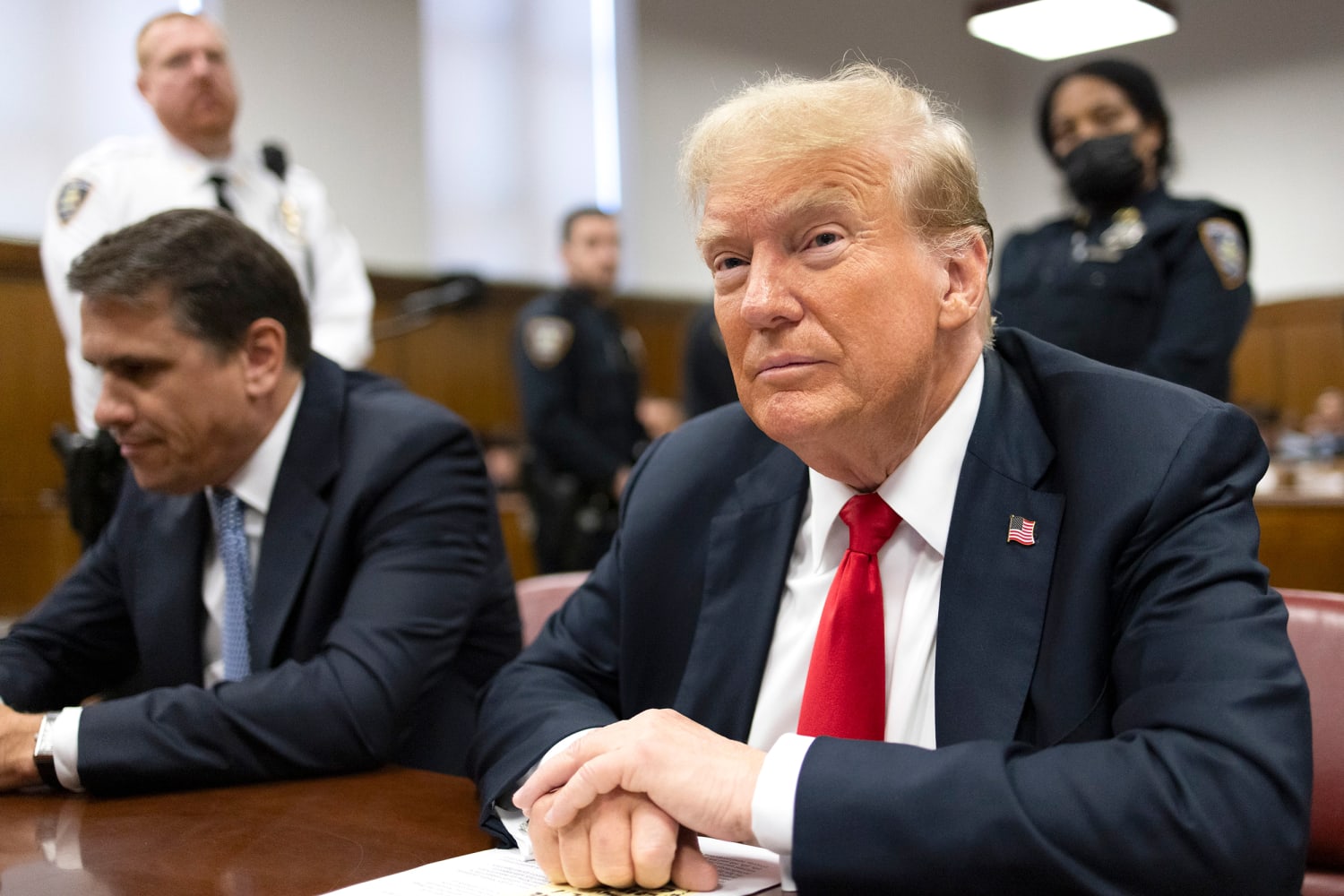Ecuadorans Affected by Violence Cast Votes on Anti-crime Measures
Ecuadorans to Vote on Tougher Measures to Fight Gang-Related Crime
Ecuadorans Vote in Referendum to Combat Rising Gang Violence
Ecuadorans are gearing up to vote in a crucial referendum on Sunday to address the alarming surge in gang-related crime that has gripped the once-peaceful South American country. The recent wave of violence, attributed to gangs with ties to transnational cartels, has left the nation reeling, with two mayors tragically killed just this week.
President Daniel Noboa declared a state of “internal armed conflict” in January, citing the activities of around 20 criminal groups responsible for a spate of violence triggered by the escape of a notorious drug lord who remains at large. The ensuing chaos saw gangsters kidnapping dozens of individuals, including law enforcement officers and prison guards, as well as carrying out brazen attacks such as firing shots in a TV studio during a live broadcast.
In response to the escalating crisis, Noboa imposed a state of emergency and deployed military forces to regain control of the country’s prisons, which had become hotbeds of gang activity and violence. Despite these efforts, the violence has persisted, prompting Noboa to characterize it as a manifestation of “narcoterrorism and its allies seeking to sow fear.”
The referendum on Sunday will seek public support for tougher measures to combat crime, including expanding military and police powers, enhancing gun control regulations, and imposing harsher penalties for terrorism and drug trafficking. Noboa also aims to amend the constitution to allow for the extradition of Ecuadorans wanted abroad for organized crime-related offenses.
With nearly 13.6 million eligible voters out of the country’s 17.7 million inhabitants, the referendum is expected to address the pressing issue of crime prevention, which has become a top priority amid widespread corruption, an electricity shortage, and diplomatic tensions with Mexico. Last year, Ecuador’s murder rate skyrocketed to a record 43 per 100,000 inhabitants, a stark increase from just six in 2018.
Polling data suggests that a majority of Ecuadorans are likely to support Noboa’s proposed reforms, with political scientist Santiago Basabe noting that people are endorsing the government’s decisions on security issues. The referendum comes at a time when Ecuador is also grappling with power cuts due to a severe drought, prompting the government to implement energy-saving measures.
As Ecuadorans prepare to cast their votes, Noboa faces additional challenges, including backlash from the recent raid on the Mexican embassy to arrest former vice president Jorge Glas, as well as international condemnation for the move. Despite these hurdles, Noboa remains confident that the “Yes” vote will prevail, signaling a united front in the fight against crime and violence in Ecuador.



